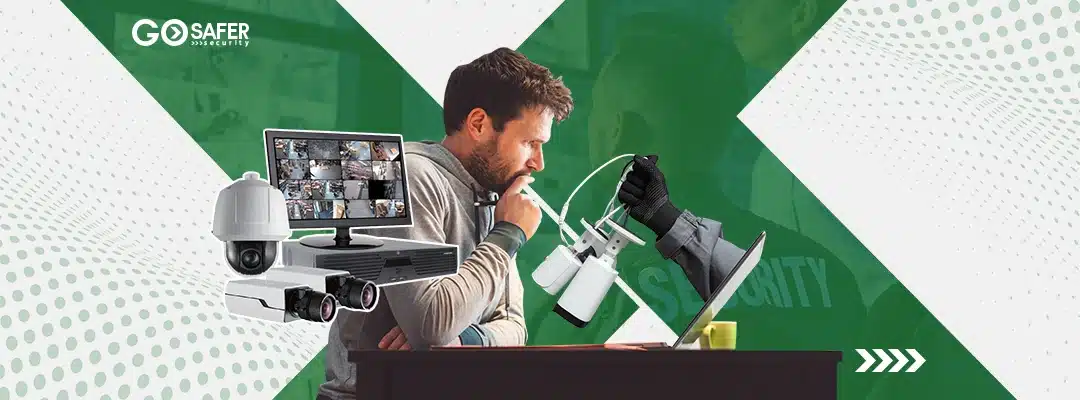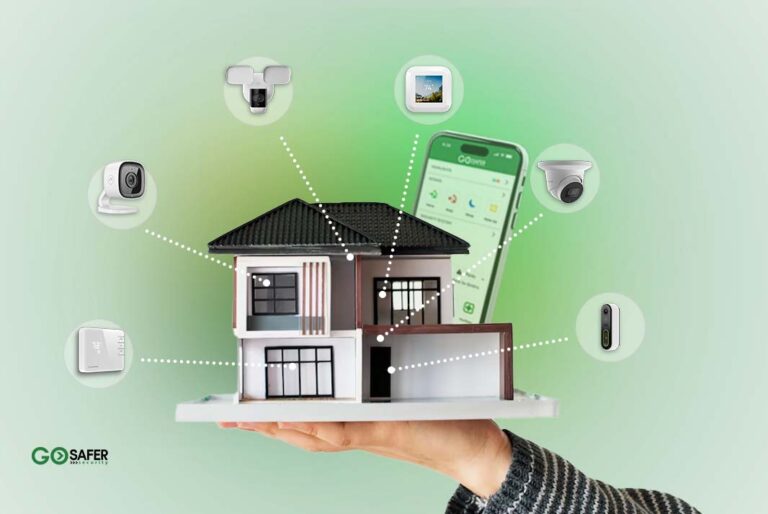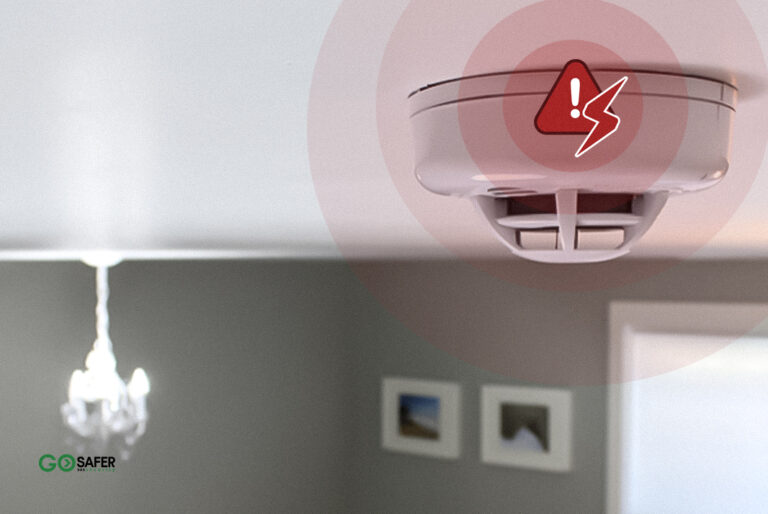Table of Contents
ToggleUnderstanding How Unmonitored Home Security Systems Work
In an era where the safety of our homes and loved ones is paramount, the evolution of home security systems has been a beacon of hope for many. Among the myriad of options available, unmonitored home security systems stand out for their simplicity and effectiveness. This guide aims to demystify these systems, providing you with a comprehensive understanding of their workings, benefits, and how to choose the one that best fits your security needs.
How Unmonitored Home Security Systems Operate
Unmonitored home security systems, in essence, are designed to alert homeowners directly in case of an intrusion or emergency, without the involvement of a monitoring center. These systems typically comprise a series of interconnected sensors and alarms that, when triggered, emit a loud sound or send notifications directly to the homeowner’s smartphone or another designated device.
Key Components:
- Sensors: Placed at potential entry points, these detect when a door or window is opened.
- Motion Detectors: Identify unexpected movement within the home.
- Control Panel: The system’s brain, allowing users to arm or disarm the security setup.
- Alarms: Sound loudly to deter intruders and alert the homeowner.
- Functionality: Upon detection of an intrusion, the system triggers an alarm, simultaneously sending an alert to the homeowner’s phone. This immediate notification enables the homeowner to assess the situation and decide whether to contact the authorities.
Self-Monitored vs. Professionally Monitored Systems
Choosing between a self-monitored and a professionally monitored system hinges on personal preference, budget, and desired level of involvement. While self-monitored systems offer more control and lower costs, they lack the round-the-clock surveillance provided by professional monitoring services. For a deeper exploration of this comparison, consider reading about the value of investing in home security systems.
Advantages of Unmonitored Systems
- Cost-Effectiveness: Eliminates monthly monitoring fees.
- Direct Control: Homeowners can directly monitor their property and respond to alerts.
- Flexibility: Easy to install and customize based on specific security needs.
Choosing the Right System for Your Home
Selecting the ideal unmonitored system requires careful consideration of your home’s layout, the system’s ease of installation, and the specific features you value most, such as remote access or integration with smart home devices. For those residing in smaller spaces, understanding how to tailor a security system to your living situation can be particularly beneficial, as discussed in our guide on home security systems for small apartments.
Integrating Home Security with Smart Home Automation
The convergence of home security and smart home automation offers a seamless, more efficient way to safeguard your home. By integrating security systems with smart devices, homeowners can enjoy enhanced control, convenience, and peace of mind.
Conclusion
Unmonitored home security systems provide a straightforward, cost-effective solution for those seeking to enhance their home’s security. By understanding how these systems work and carefully selecting the right setup for your needs, you can ensure a safer living environment for you and your loved ones. Whether you opt for a self-monitored system or integrate security with smart home automation, the key is finding the balance that best suits your lifestyle and security requirements.







